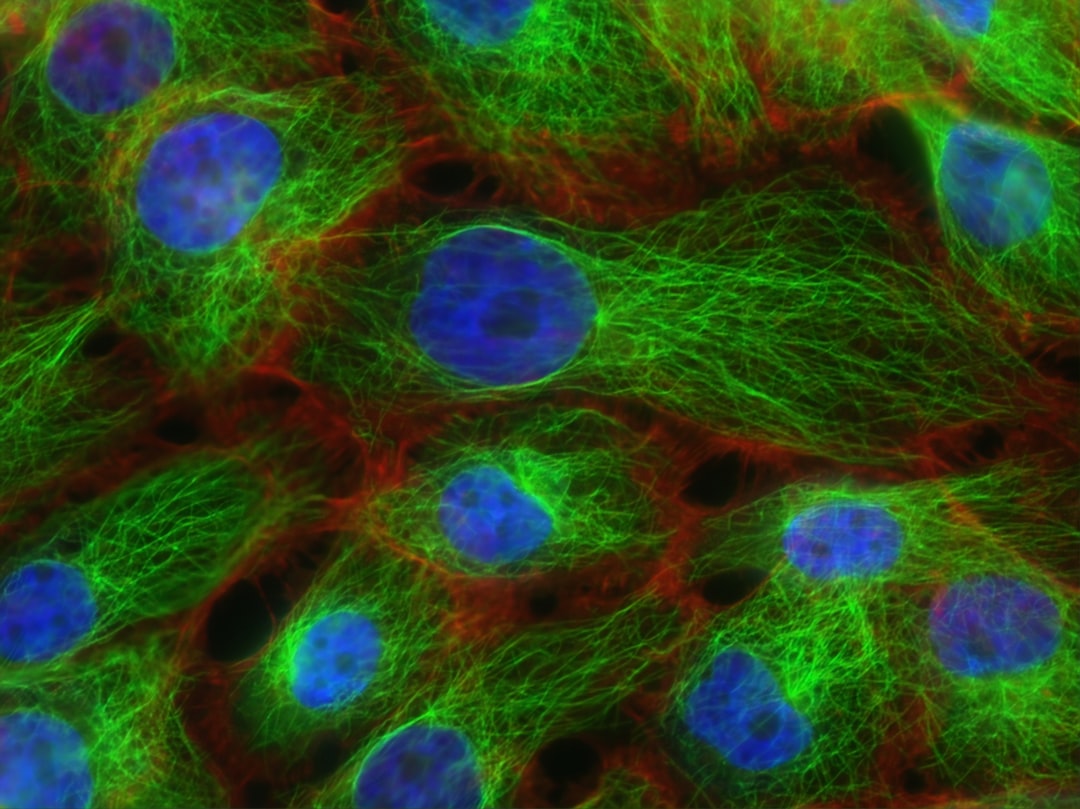What is it about?
Social robots are robots developed to interact with humans. However, they can also help us understand babies' and toddlers' cognitive and social development. Therefore, researchers have started using robots to study early childhood development. Until now, this novel research has not been reviewed. Therefore, we have read all studies published between 1990 and 2023 about using social robots to study social and cognitive development in infants and toddlers aged 2 to 35 months. In a review, we summarized the studies’ research focus, findings, gaps, and challenges when using robots. We found that the studies used social robots to explore many developmental questions in early childhood, like understanding whether something is alive, understanding actions, imitation, and early conversations. A key question that interested the researchers was whether children thought of these robots as social partners or just as objects. This review shows that young children can understand and learn from social robots, especially when the robots interact and respond well to them. In the future, research should compare these robots with other social partners to see how effective they are. Research should also check if children respond similarly to different types of robots. Future studies should also observe how children interact with robots in real time. Lastly, researchers should explain why they chose a specific robot and tell how long it took to learn to use it.
Featured Image

Photo by Katja Anokhina on Unsplash
Why is it important?
Our review underscores the potential of social robots in developmental studies of babies and toddlers. It also emphasizes the crucial robot behaviors that are particularly important for small children, such as being interactive and contingent when interacting with children.
Perspectives
Writing this article led to many exciting conversations about human-robot interactions. It was fascinating to learn about all the different sorts of social robots that researchers have used and the kinds of questions they aim to address using these robots. I hope that this paper sparks your curiosity in social robots and their potential to help in child research.
Solveig Flatebø
UiT Norges arktiske universitet
This was an exciting and intellectually stimulating article to write because the co-authors come from various academic disciplines including computer science, developmental psychology, and clinical psychology. It was also surprising how little research exists within this field despite the fact that the subject matter is highly relevant in a rapidly advancing technological development, not least in the development and use of robots and artificial intelligence.
Catharina Elisabeth Arfwedson Wang
UiT The Artic University of Tromsø
Read the Original
This page is a summary of: Social robots in research on social and cognitive development in infants and toddlers: A scoping review, PLoS ONE, May 2024, PLOS,
DOI: 10.1371/journal.pone.0303704.
You can read the full text:
Contributors
The following have contributed to this page










